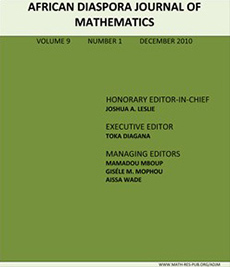THE ROLE OF TRIBAL WOMEN IN SOCIETY IN BODOLAND TERRITORIAL REGION: HISTORICAL OVERVIEW
Abstract
Tribal constitutes one of the most integral parts of India’s population. The tribal people generally suffered from manifold disadvantages, such as poverty, lack of education, health issues, malnutrition, geographical isolation, limited access to service and other resources, which made them the most downgraded and marginalized group in society. Whatever the rights the man exercised in societies, that could help us to understand the role of female counterparts. It is also stated that the way a society treats its women is the best indicator of its progress. In today’s world, the role of tribal women has differed from tribes to tribes and from society to society. Several tribes, like Bodos, Rabhas, Garos and Sarania-Kachari live in Bodoland Territorial Region (BTR), a sixth schedule administrative areas of Assam. In their societies, since ages the women have played a vital role on the workforce and have contributed significantly to the family income compared to women in non-tribal societies. They were frequently engaged in hands-on work and primarily confined in fulfilling their basic economic needs. Despite, the women of this region normally enjoyed full autonomy and played an active role in significant economic activities. The study however, shows that the inferior status of tribal women is usually linked to the refusal to grant the property rights, access to resources and education as well as the restriction of certain occupations in the region. The paper thus intends to study various roles played by tribal women in their societies in the Bodoland Territorial Region of Assam from historical point of view.
Downloads
Published
How to Cite
Issue
Section
License
Copyright (c) 2021 African Diaspora Journal of Mathematics ISSN: 1539-854X, Multidisciplinary UGC CARE GROUP I

This work is licensed under a Creative Commons Attribution-NonCommercial-NoDerivatives 4.0 International License.




